We must cut carbon emissions to halt climate change. But they aren’t just produced by driving a car or heating a home. Upfront carbon – all emissions involved in manufacturing an item – can dwarf operating emissions, which is why when you look at the world through the lens of upfront carbon, everything changes.
Lloyd Alter is a writer, public speaker, architect, inventor, and Adjunct Professor of Sustainable Design at Toronto Metropolitan University. He has published many thousands of articles on TreeHugger where he was Design Editor, and on such diverse platforms as Planet Green, HuffPo, The Guardian, Corporate Knights Magazine, and Azure Magazine. A former builder of prefab housing and a tiny-house pioneer, Lloyd is a passionate advocate of Radical Sufficiency – the belief that we use too much space, too much land, too much food, too much fuel, and too much money, and that the key to sustainability is to simply use less. He is the author of Living the 1.5 Degree Lifestyle. Lloyd lives in Toronto, Ontario.

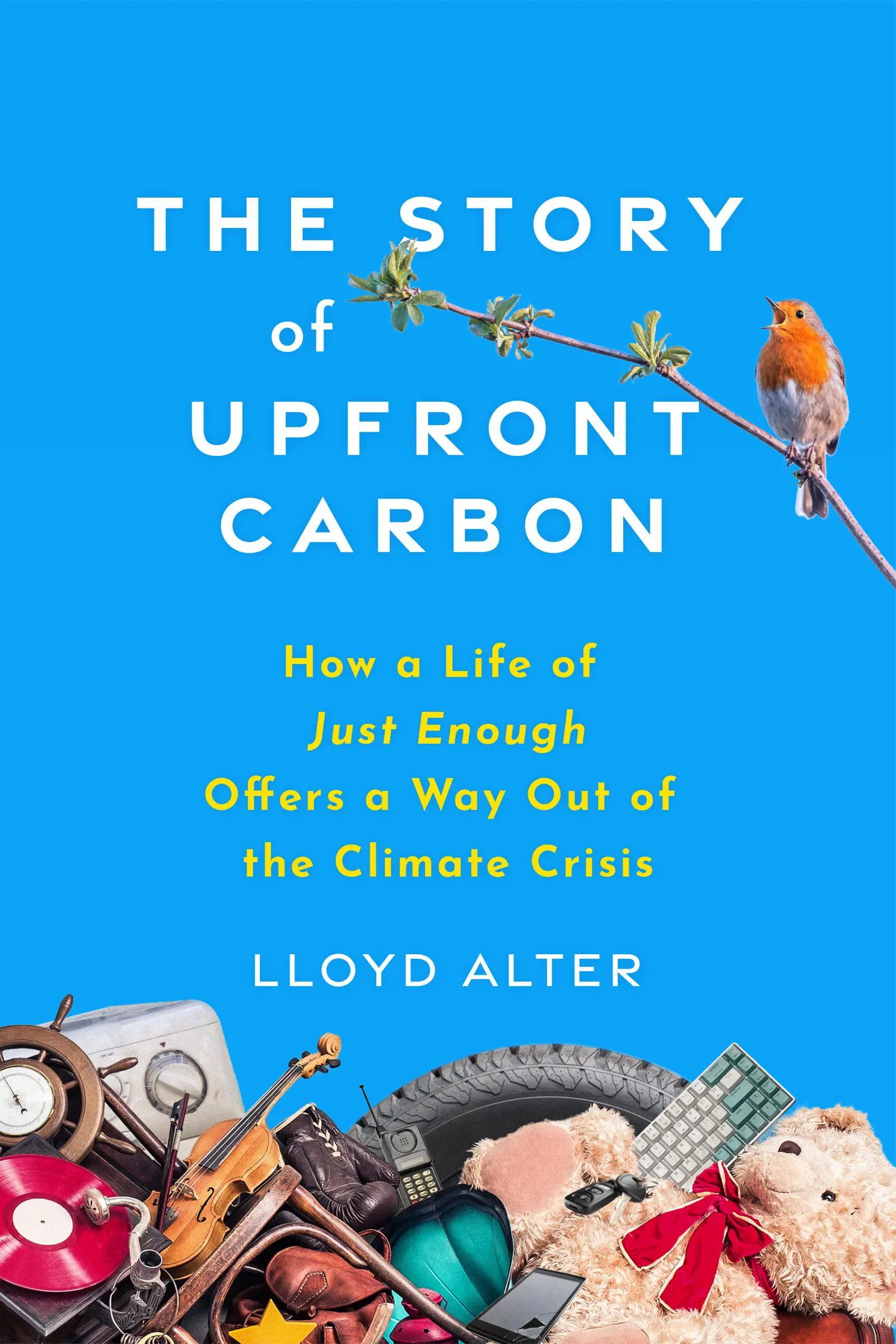
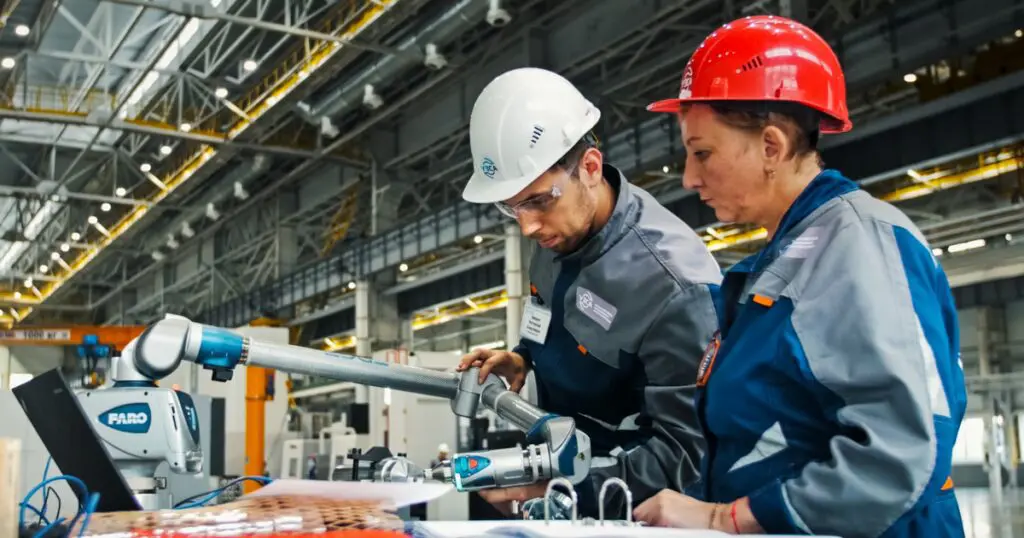
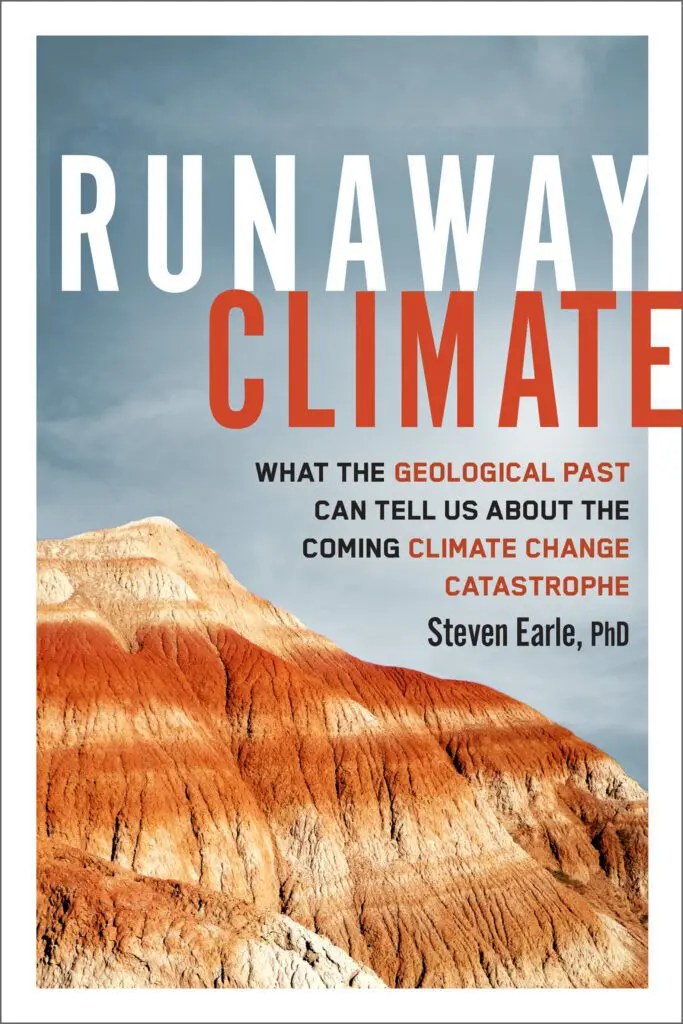
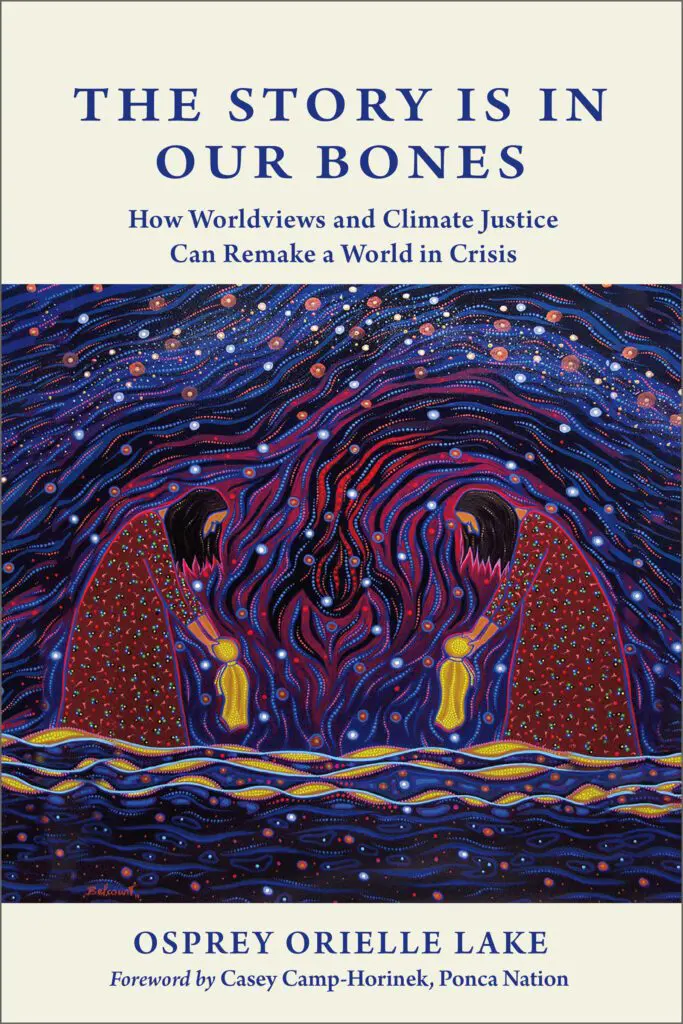
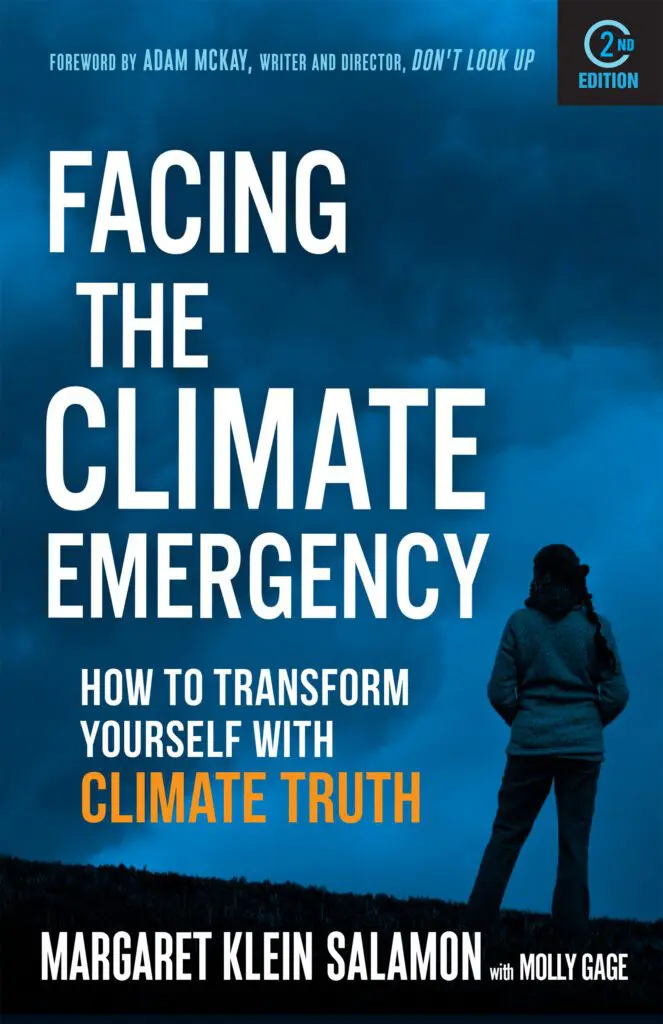
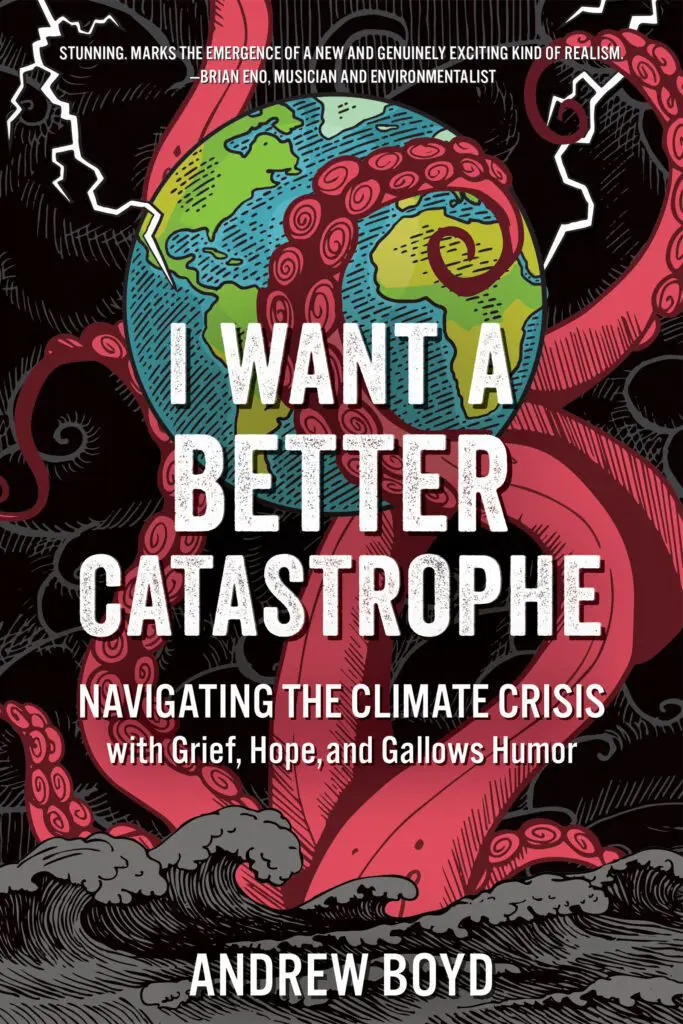
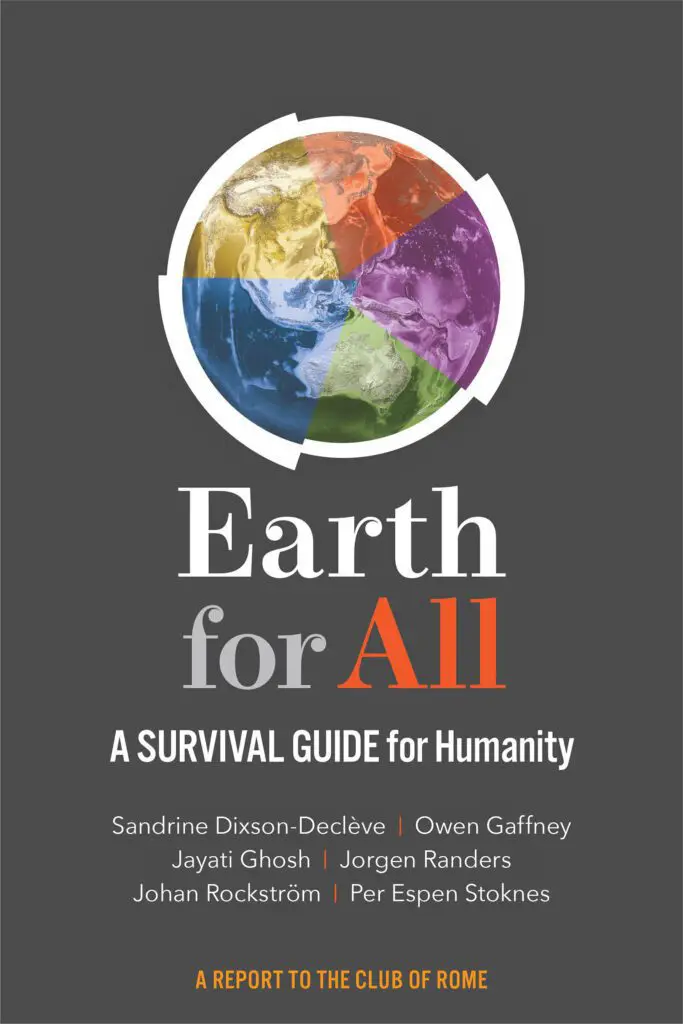
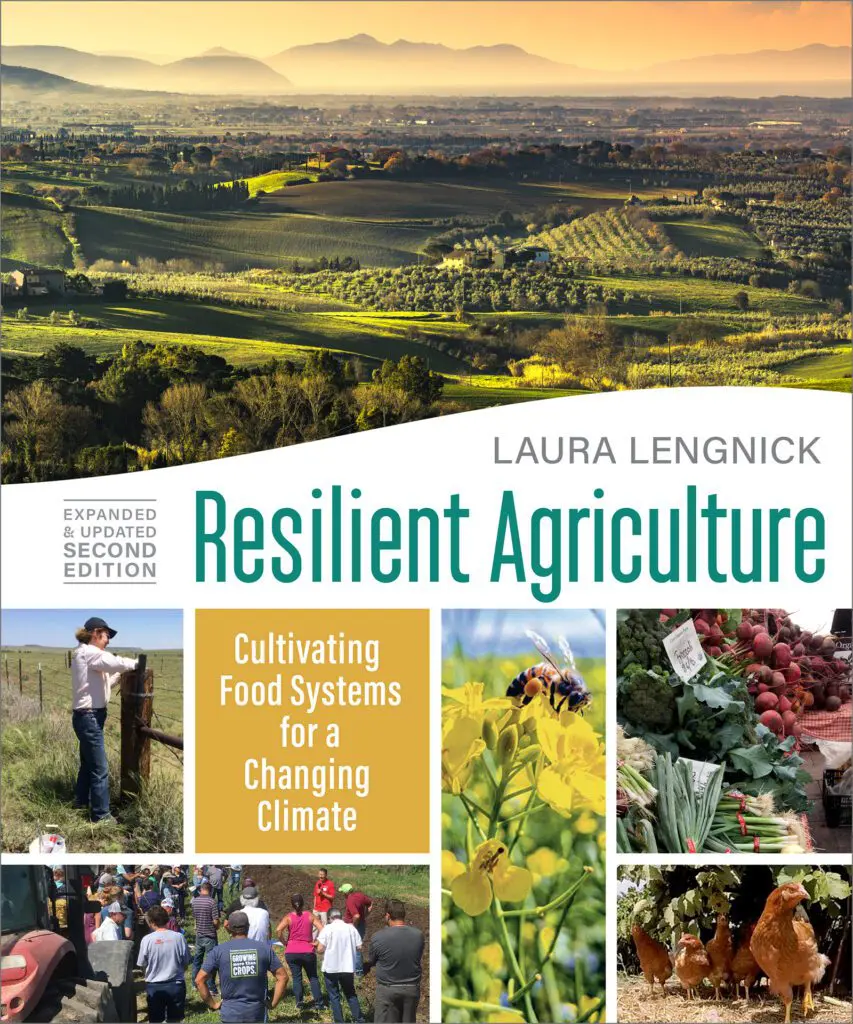
Annette Flinterman –
I’ve read much about and worked with many tools to reduce one’s carbon footprint and use your hand imprint (= action) to make a change. This book goes further and deeper into the topic. As written in the 1st chapter “when you look through the lens of upfront carbon, everything changes“, one indeed gets a better understanding of things, as well as how to deal with it.
Addressing all aspects of life, from living, working, consumption to transport and more, the author tries to give the best overview of upfront carbon costs and insights for solutions. Interesting for example to read, that the production of rice in Vietnam produces “more carbon equivalent than the country’s transportation“, due to the irrigation of paddy fields, which starves the underlying soil of oxygen, encouraging methane-emitting bacteria to flourish.
In the end it all comes down to less is less, in terms of consumption and carbon. Each step helps. But the author also includes some positive notes regarding the changes our society needs, including a quote from Professor Alexander: “most people will be better off in virtually all aspects of their lives”.
Juli –
A good book that took a complicated idea, upfront carbon, and made it accessible. Giving concrete examples of everyday items and how our views of them have changed over time. It has made me think…
Jesse Winkiewicz –
Most discussions and solutions concerning carbon emissions tend to focus on operating emissions, fossil fuel burning while using a product. Yet, upfront carbon, the carbon emitted from manufacturing and transportation of all human-made objects does not receive as much attention. Alter clearly articulates that reducing upfront carbon emissions globally requires degrowth, and he provides the reader with strategies for sufficiency. Shining a light on our individual consumption habits provides us a better understanding of our climate impact and how we can reduce our emissions – use less stuff!
Rachel –
I read this twice and will read parts of it again. While much of the information aligned with my existing knowledge, there was plenty of material that has me reframing how I think about so many goods and systems in my life. For instance, in planning to make my home more efficient, installing triple-pane windows might be best for future energy savings, but the reduced energy use may not be enough to justify the upfront materials/energy use in producing them. Another example that stuck out to me is that “making polyester from recycled plastic has ten times the carbon footprint of virgin polyester.” This book provides valuable context and data for so many areas where we all use resources (e.g. housing, transportation, clothing, food), and how the guidance on responsible use of those goods and services changes when viewed through the lens of up-front carbon. The recurring theme is that we need to focus more on satiety and sufficiency—no matter how ‘green’ of a product we buy, it still has a larger impact on the planet than not buying one at all. For those products that we truly need and that add genuine value to our lives, this book provides the context for making wise, considerate, well-informed decisions.
Margaret Gouin –
The Story of Upfront Carbon is centred around the idea of individual sufficiency–having enough but not too much. Unlike other climate-related works which talk about the dangers of ongoing carbon emissions produced by agriculture, transportation, industry, etc., and how to reduce them, this book focuses on ‘upfront carbon emissions’–the emissions engendered in the production of an article or service (i.e. prior to its use) both in the course of obtaining all the necessary materials for it and in the process of manufacturing and selling the finished item. In so doing, Lloyd shuns the argument of trying to obtain greater efficiencies (i.e. fewer emissions) in the use of any particular product or process, to focus on the question of whether it was necessary to buy or use it in the first place, or whether the purchaser could find an alternative made with fewer upfront carbon emissions. In other words, the argument moves away from supply to demand; and the emphasis is on the individual’s choice of whether or not to buy or use any particular item or service based on the amount of carbon emissions generated by its production rather than on its efficiency (in terms of carbon emissions). Hence the subtitle, ‘How a Life of Just Enough Offers a Way Out of the Climate Crisis’. Alter’s recurring mantra is ‘Use Less Stuff’. To his credit, he points out that this is very much a problem of Western societies, where overconsumption is the norm. He also does not shy away from discussing the problems of ‘degrowth’ faced by a capitalistic society where the only acceptable path to prosperity appears to be continually increasing demand for more and more products to consume. Words such as ‘frugality’ and ‘satiety’ (‘enoughness’) have virtually disappeared from the modern vocabulary. Alter argues passionately for the return to these more sustainable values, and others which support his core idea of ‘Use Less Stuff’. It is a timely argument which deserves to be be listened to carefully, and acted on.